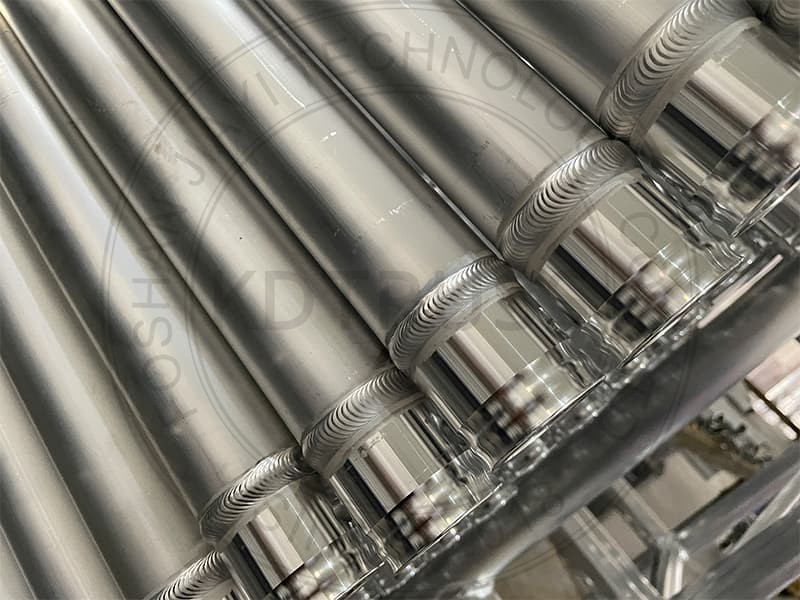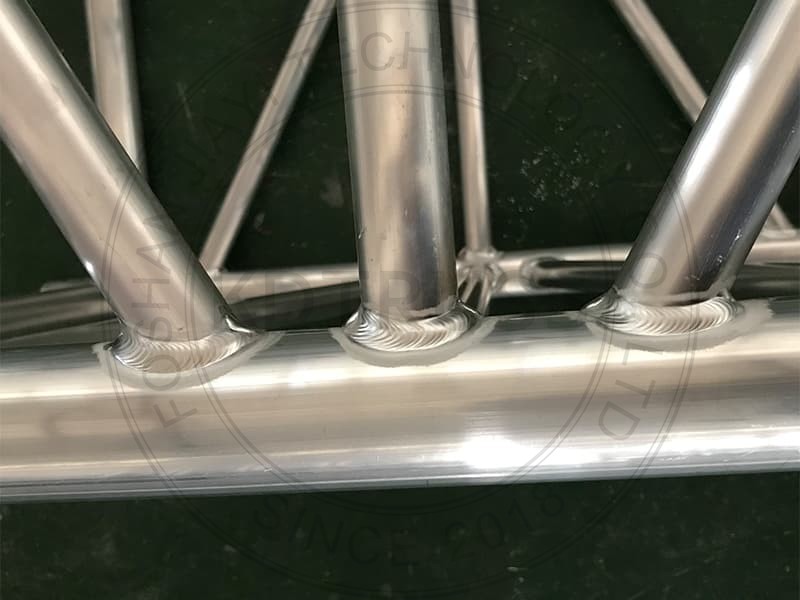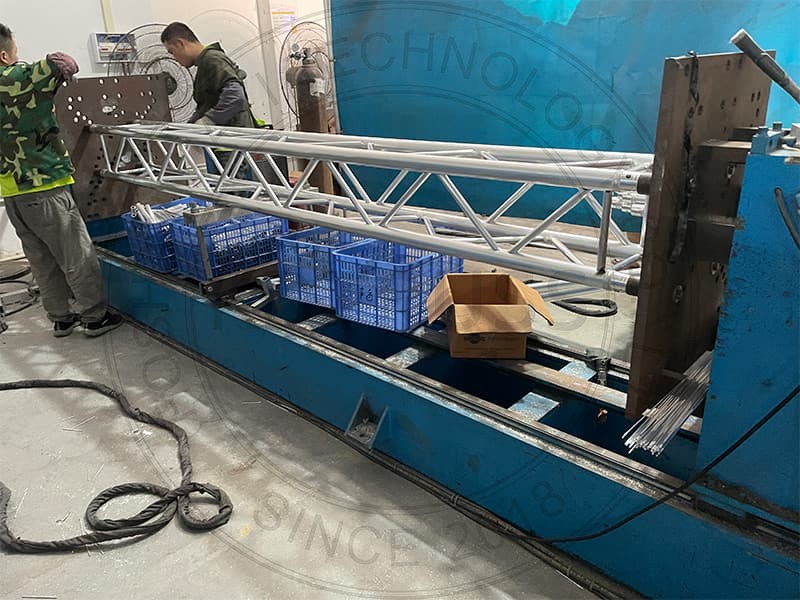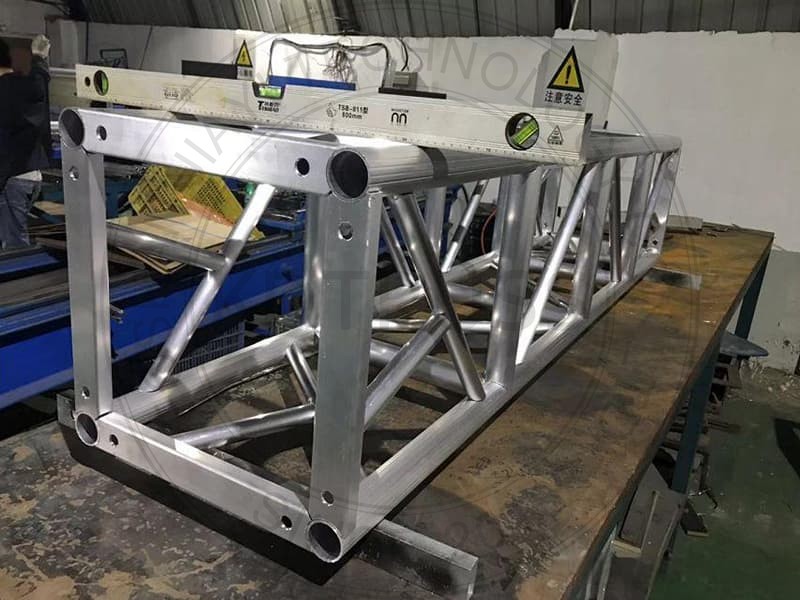What Are You Looking For?
In general, welding aluminum alloys are made of welding wires of the same or similar grades as the base metal, which can obtain better corrosion resistance; However, when welding heat-treated reinforced aluminum alloys with a large tendency to crack hot, the selection of welding wire mainly starts from solving the crack resistance, and the composition of the welding wire is very different from the base metal.
Burn-through reason:
Preventive measures:
1. Appropriately reduce the welding current and arc voltage, and increase the welding speed;
2. Large blunt edge size to reduce root clearance;
3. Appropriately reduce the solder joint spacing during spot welding.
Causes of stomata generation:
Distortion:
Aluminum alloys have a high thermal expansion coefficient, which makes them susceptible to significant distortion during welding. Excessive distortion can affect the dimensional accuracy and fit of the welded components.
Incomplete penetration:
Incomplete penetration happens when the weld metal does not penetrate through the full thickness of the joint. This defect can weaken the weld and reduce its load-bearing capacity.
To minimize these defects, proper welding techniques, including appropriate welding parameters, pre-cleaning of the base metal, and the use of suitable filler metals and shielding gases, should be employed. Additionally, thorough inspection and quality control during and after the welding process are essential to identify and rectify any defects.
Below JIAYI Stage Truss Welding photos for your reference:



After production, each shelf is inspected, and whether the shelf is deformed after welding.

JIAYI TRUSS insists on making high-quality products, safety first, strictly controls raw materials, and conducts random inspection of materials.
We can offer Box Truss Roof, Outdoor Stage with Roof and offer Stage Roof Design.
Hi! Click one of our members below to chat on